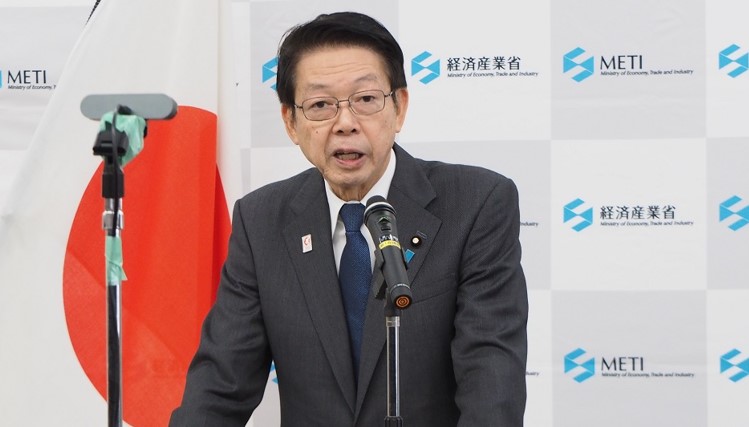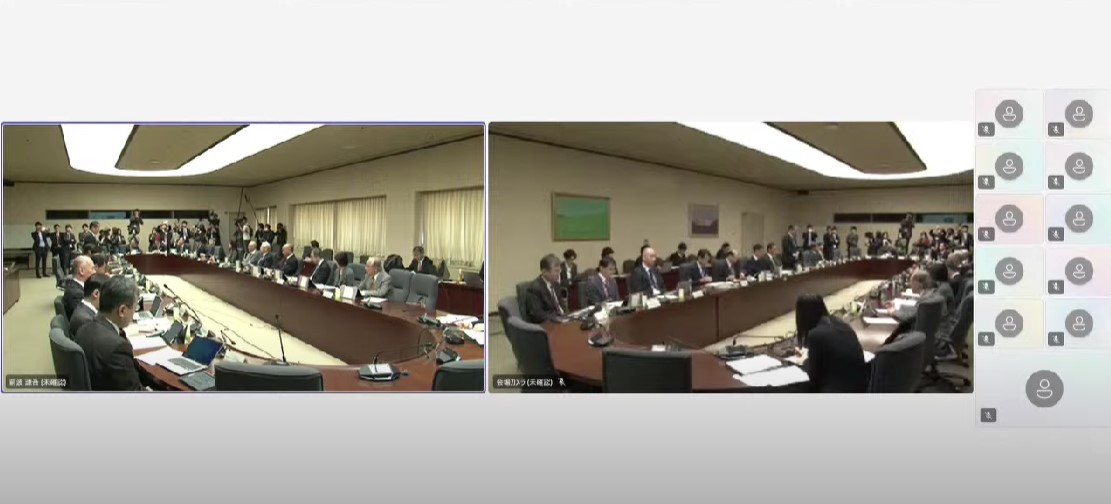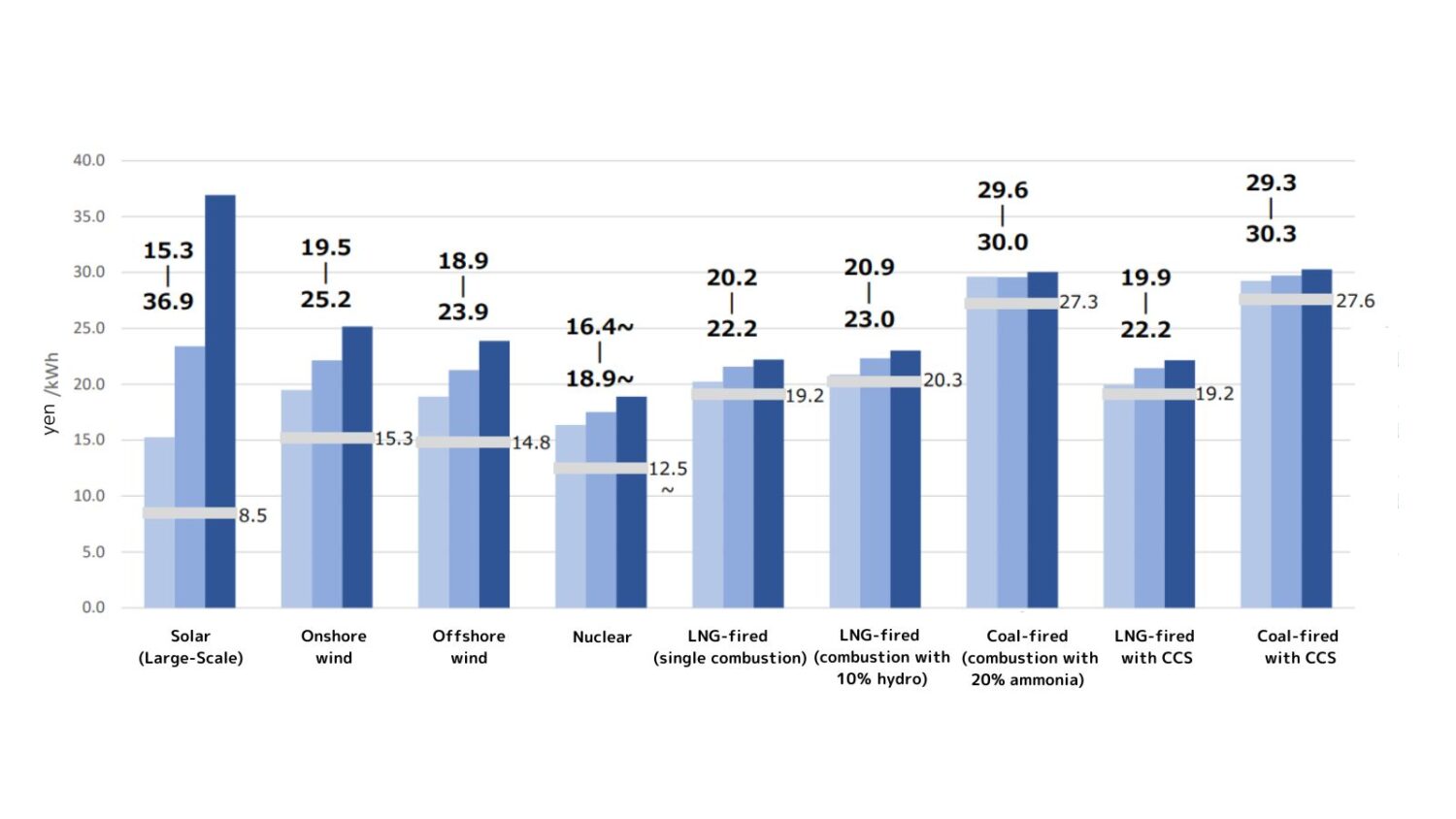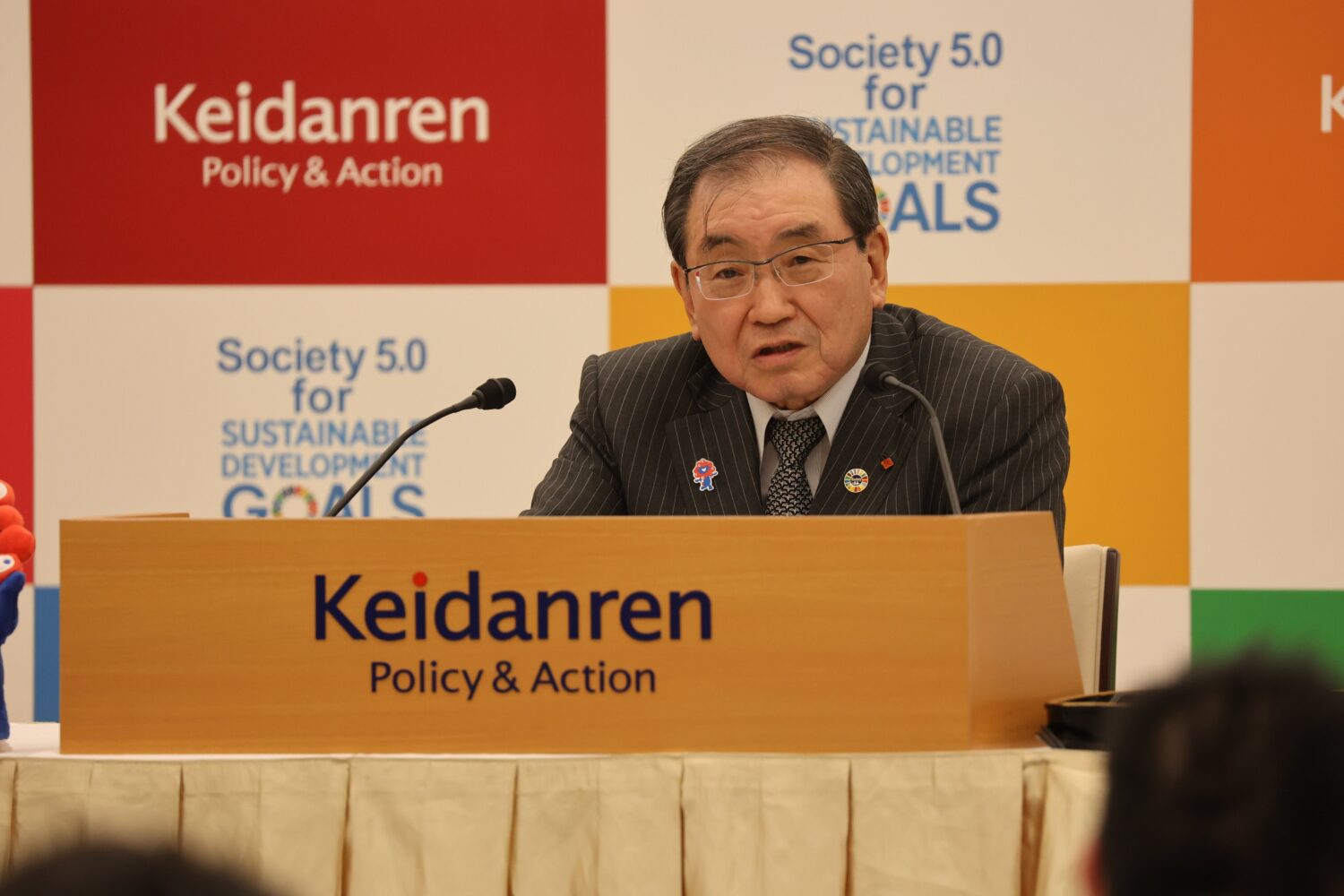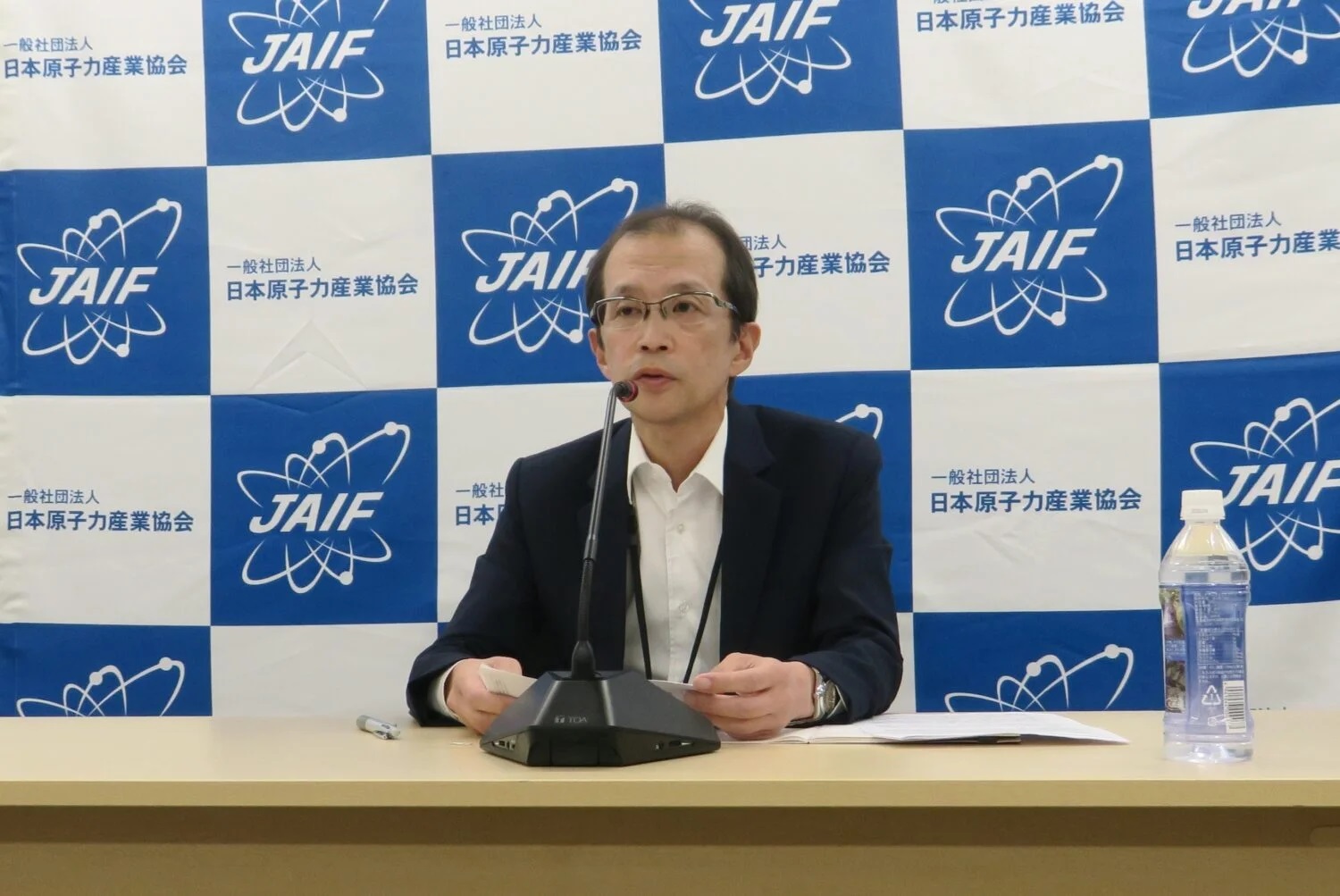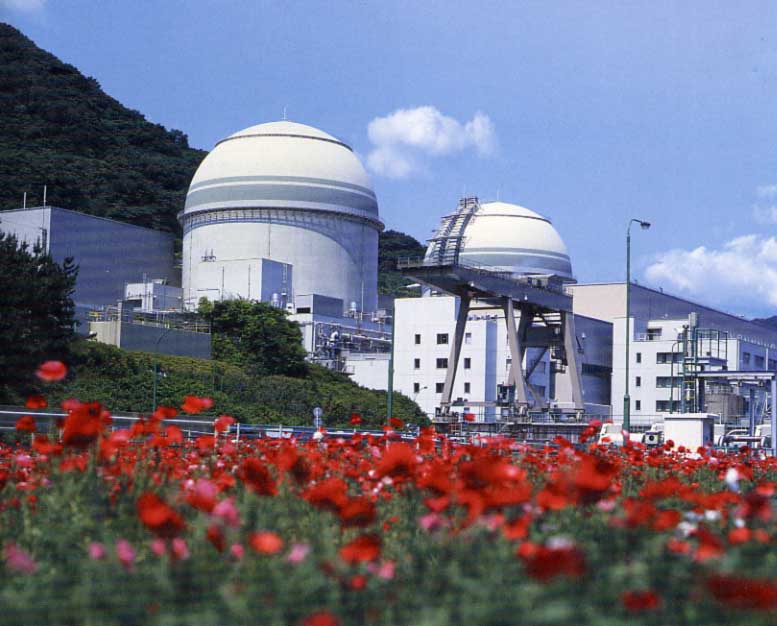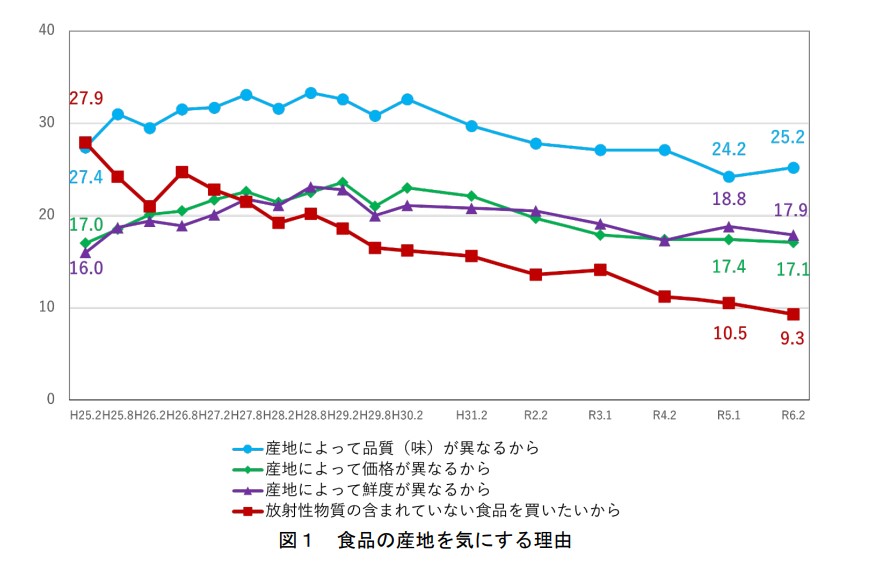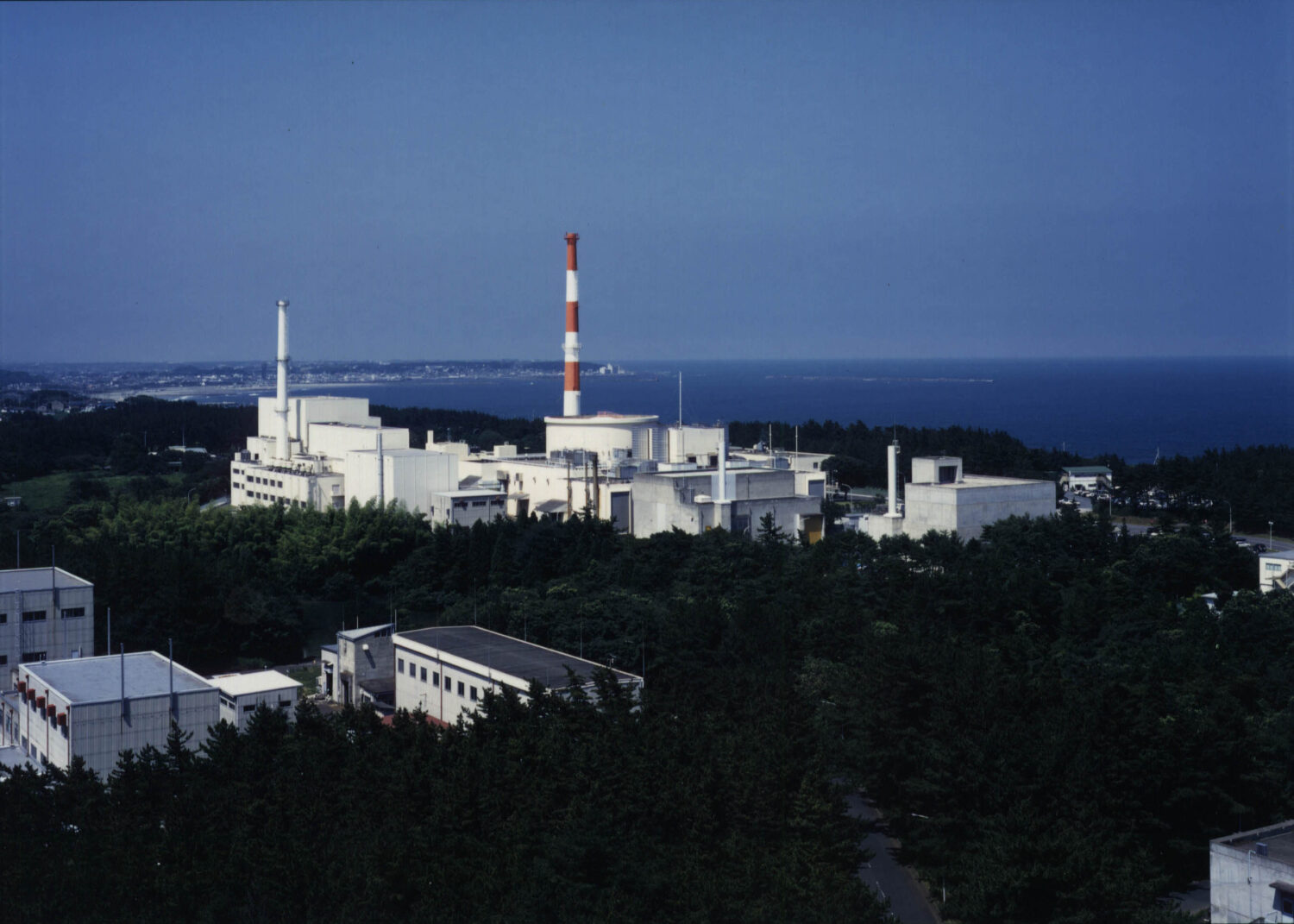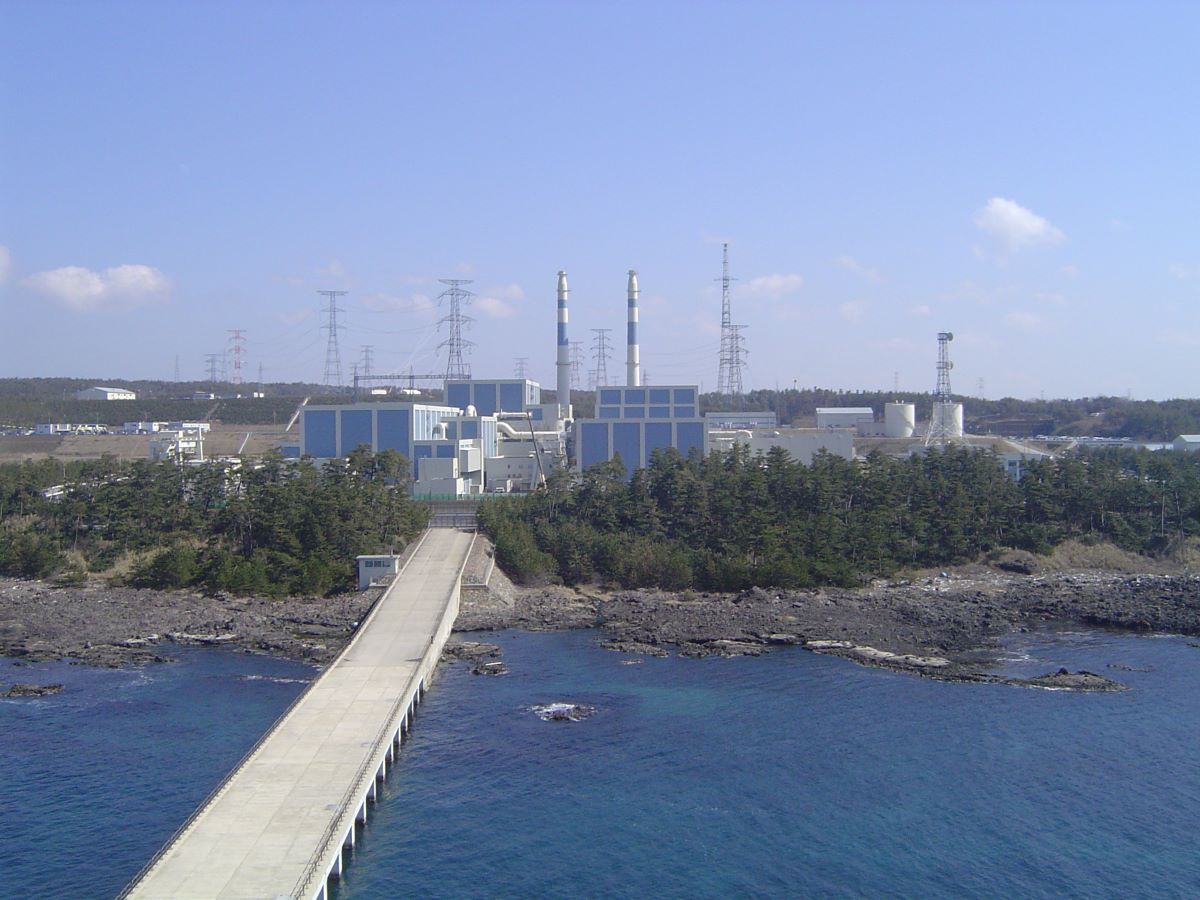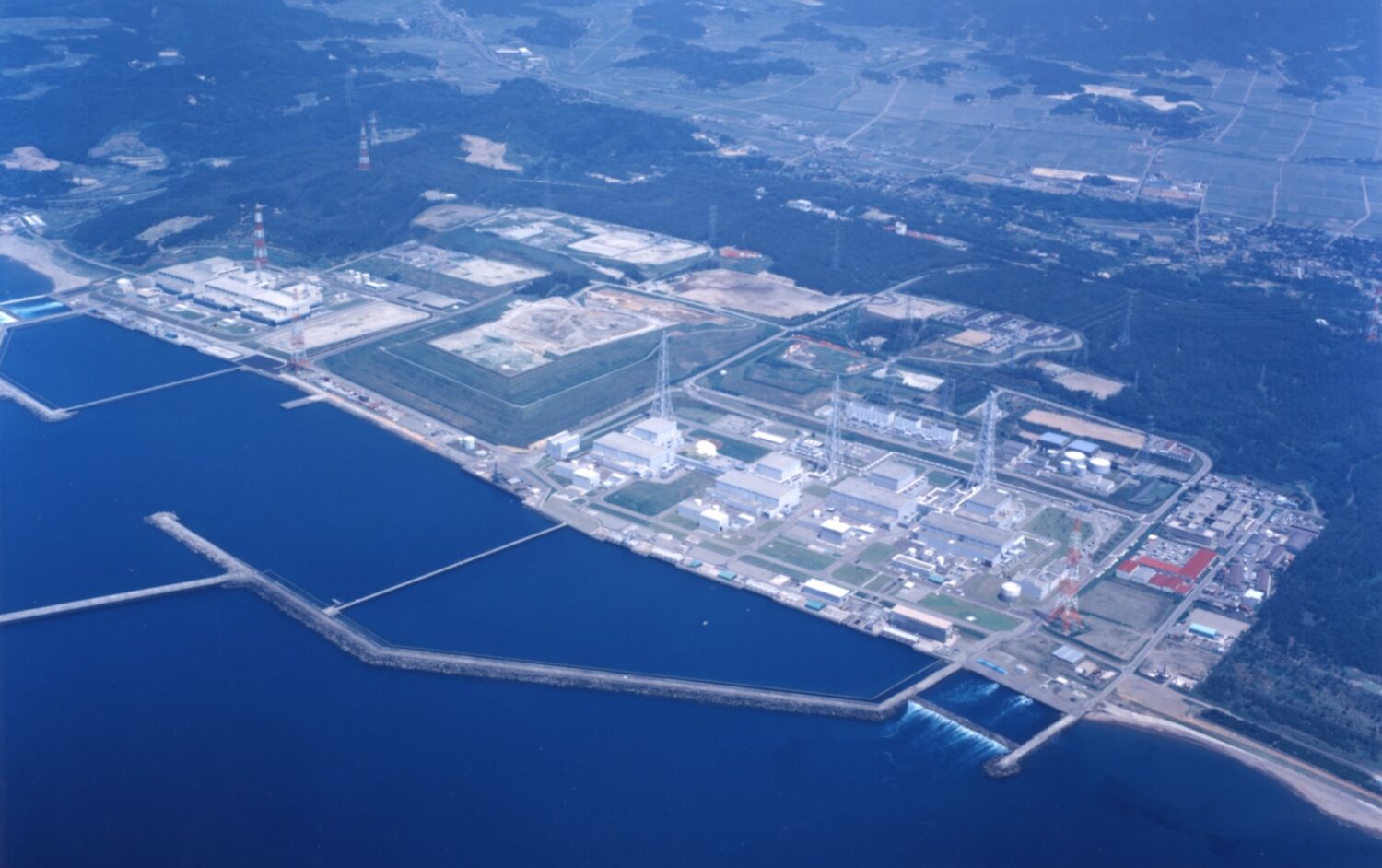Asked their opinion about the future use of nuclear energy in Japan, survey participants were divided between support and opposition. Those in favor of increasing or maintaining nuclear energy accounted for 17.4% of the total—respectively stating that the use of nuclear energy must be increased or that Japan needs to maintain the state of nuclear power prior to the giant March 2011 earthquake—while those clearly opposing nuclear power, saying that it should be immediately discontinued, accounted for just 4.8%. Support for nuclear power marked its highest point since the FY14 survey, while opposition marked its lowest point since the same survey. In general, then, support for the active use of nuclear power seems to be rising in Japan.
When the respondents were asked their feelings about the restart of the country’s nuclear power plants, the most common answer (46.0%, up 0.3 points from the previous survey) was that no national understanding had yet been obtained, followed by the opinion that restarts are necessary for a stable supply of electricity (35.4%, up 5.4 points). Multiple responses were allowed.
Asked about which issues they associated with nuclear energy, the respondents most commonly cited global warming (52.8%, up 2.3 points), followed by power rates (48.3%, up 18.3 points) and Japan’s energy situation (39.1%, up 7.6 points). Many also mentioned electricity shortages as well as massive blackouts due to disasters, showing an increasing concern for a stable supply of electricity. Multiple responses were also allowed for this question.
Meanwhile, when the survey participants were asked which recent news topics concerned them the most in relation to nuclear power and energy, some 70% pointed to the effects of climate change on the environment and life due to global warming, and almost half mentioned the effect of the Russian invasion of Ukraine on Japanese energy supply and demand. In contrast, just under 20 percent of respondents mentioned Prime Minister Kishida’s remarks on the use of nuclear power. Multiple answers were allowed for this question as well.
The current survey also included a set of questions on the offshore release of water, treated by the Advanced Liquid Processing System (ALPS), from the Fukushima Daiichi nuclear site. Respondents were presented with 14 items related to the matter and were then asked if they recognized any of them. The items included the generation of contaminated water and its purification, the dilution of treated water when released into the sea, the nature of tritium (which cannot be removed), and measures against unfounded fears and rumors.
Approximately 30% of the respondents said that they had never heard of any of the items, while more than 80% said that they could not explain any of them. This raises the possibility of a serious misunderstanding: namely, that the public might believe contaminated water will be released into the sea without processing or safeguards.
Asked where they got their information on nuclear energy and energy, the respondents showed distinct differences along generational lines. Newspapers were mentioned by less than 30% of the people 44 years old or younger, in contrast to more than half of those 45 and older. Among the youngest generation (24 years old and younger), school and Twitter scored high as information sources. Meanwhile, although online access by seniors (65 and above) has increased in recent years, more than 20% of senior users rely on mass-media news sites—more than any other age group.


-1.png)

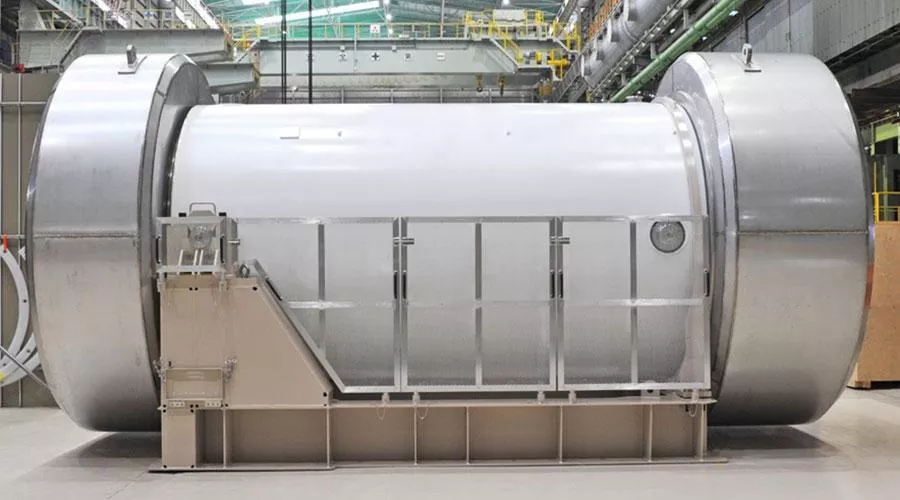
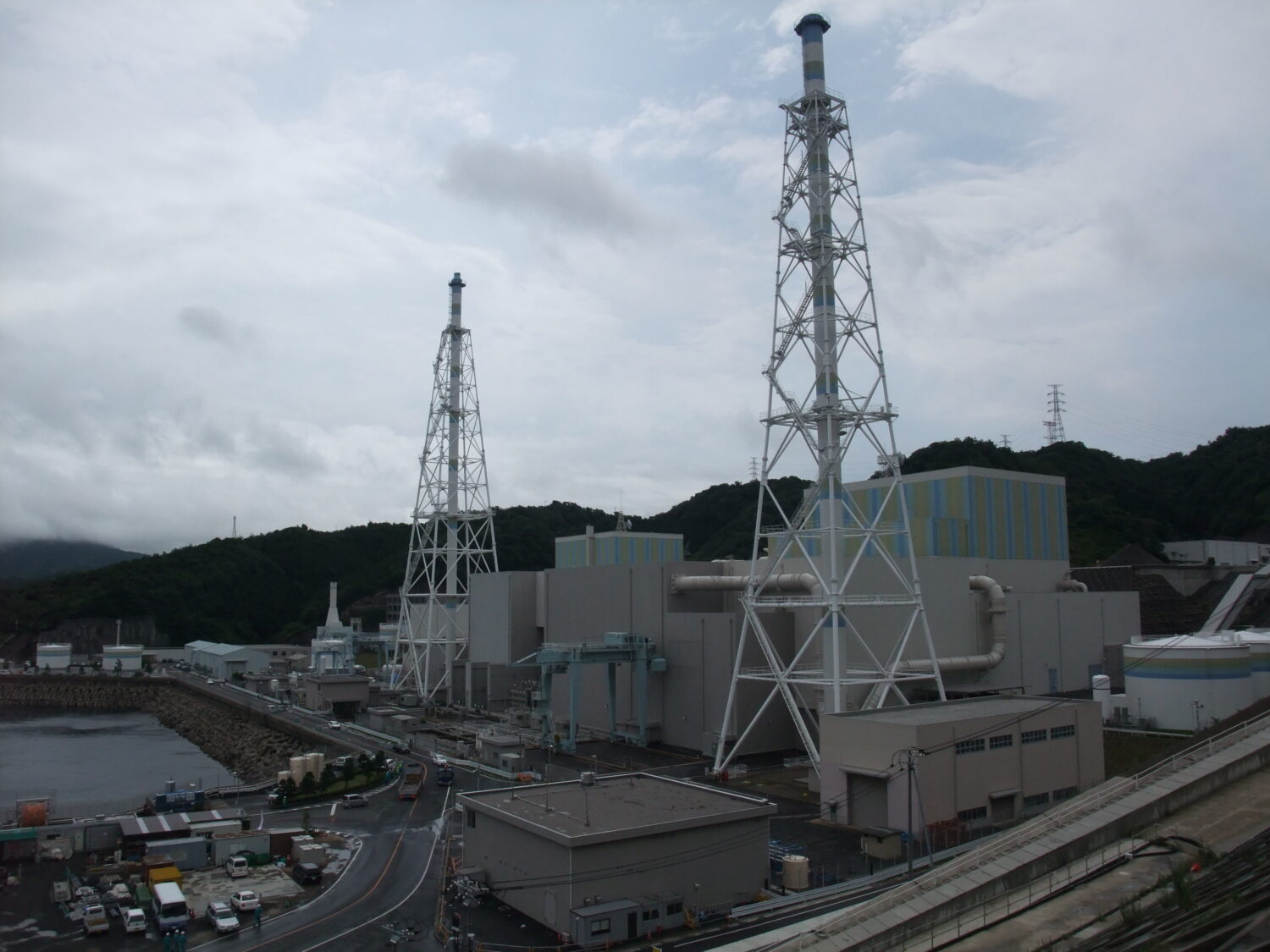

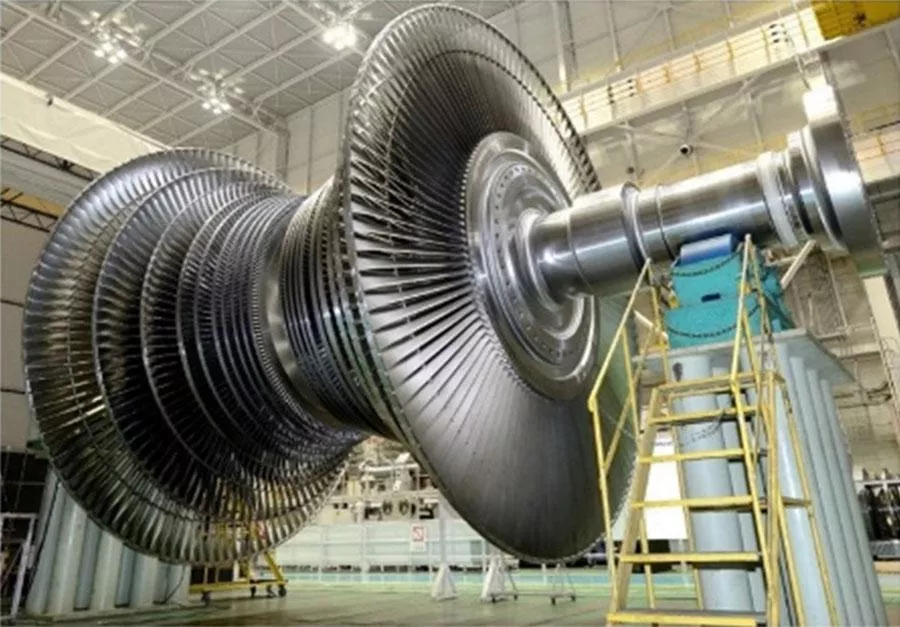

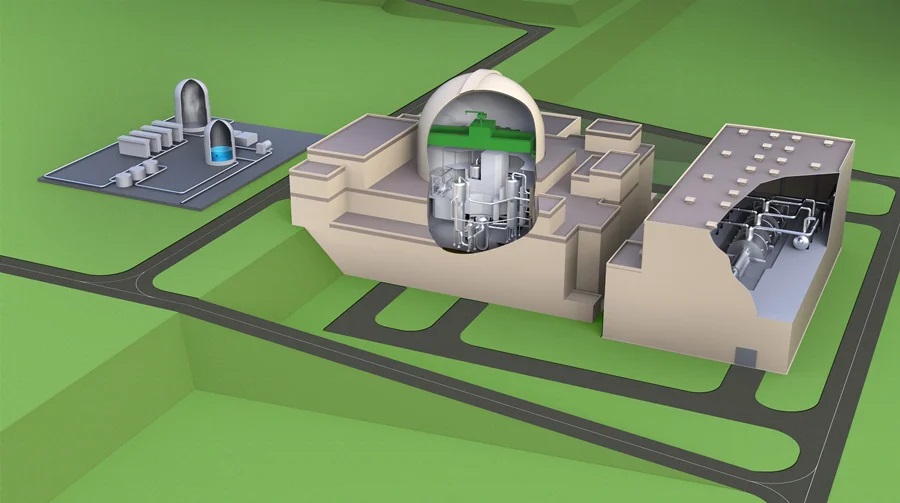
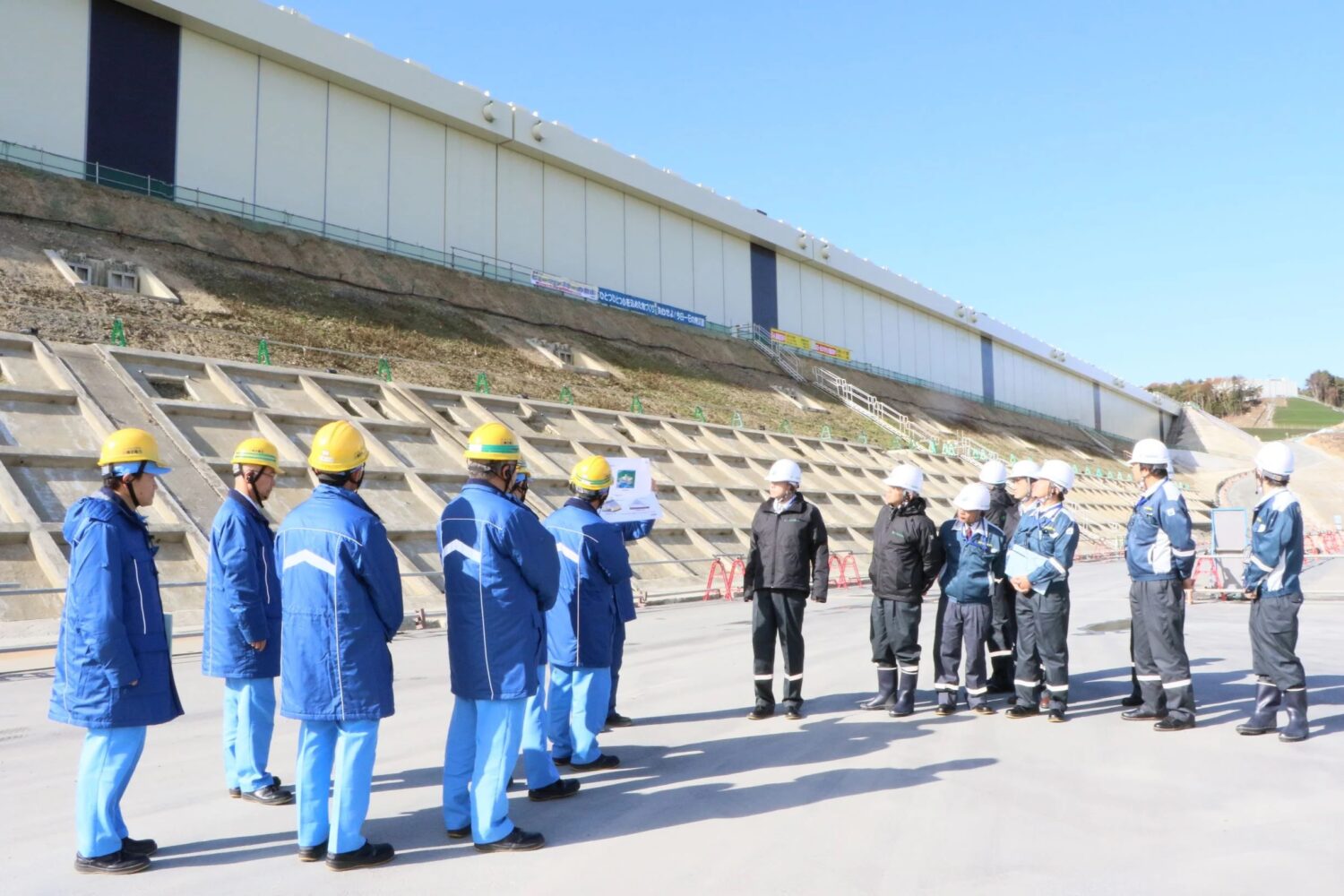
.jpg)




